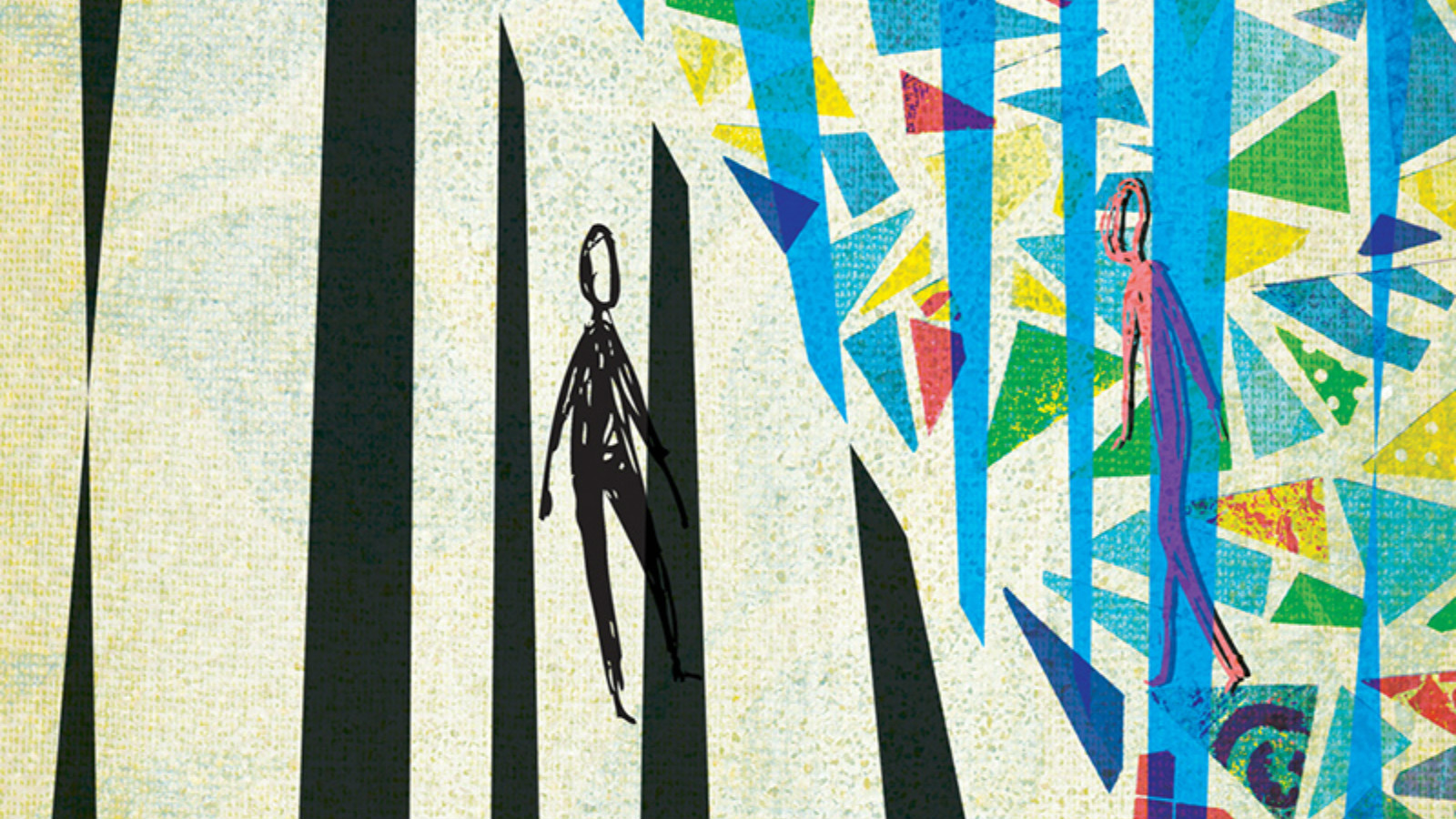As we take a deep breath before the would-be dictator Trump and his plutocratic appointees take office in January, one way we can prepare is by reading and thinking. Here are some books I am finding helpful right now.
For some inspirational examples from the past--
The Presidents and the People: Five Leaders Who Threatened Democracy and the Citizens Who Fought to Defend It, by Cory Brettschneider. Emphasis on the words "people" and "citizens." That's us!
Wake: The Hidden History of Women-Led Slave Revolts, by Rebecca Hall, Hugo Martínez (Illustrations). Listen to Black women.
Waging a Good War: A Military History of the Civil Rights Movement, 1954-1968, by Thomas E. Ricks. It wasn't just a dream: it was strategy, training, and discipline.
For how to apply those lessons to the present--
This Is an Uprising: How Nonviolent Revolt Is Shaping the Twenty-First Century, by Mark and Paul Engler. How to make our long-term community organizing support the protest movements of the moment, and vice versa. Read this to be prepared for highs and lows and periods when it feels like nothing's happening and we might have wasted our time--but if we use the quiet times wisely, we come back stronger.
For some tools we can use--
Made to Stick: Why Some Ideas Survive and Others Die, by Chip and Dan Heath. Because we've got to get better at getting our message across!
I'll be adding to this list as I go along. Your suggestions would be welcome!
I also have reading lists on prison and incarceration (which more of us may face in the years ahead), and on the way people have been deprived of decent housing, and on racism, antisemitism, sexism and homophobia, and on the history of capitalism (which may be giving way to fascism in the U.S. but has always been a fertile ground for repressive actions). If any of those are your particular interest, let me know.
Give yourself time and space to learn and to think...but please, do not think that learning and thinking will be enough by themselves. The ancient rabbis posed the question, "Which is more important, thought or action?" Their answer: "Thought is more important, when it leads to action." Be ready, please, to move between the two.

